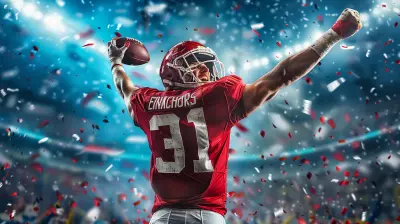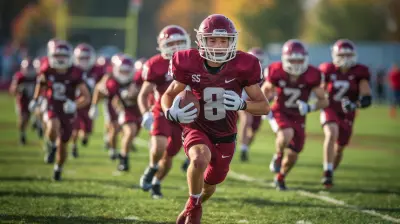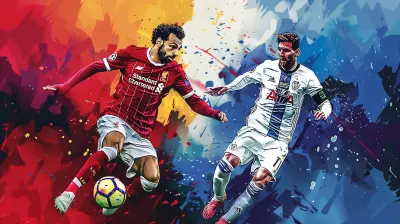Game Changer: The Coach Who Revolutionized Their Sport
20 October 2025
There’s something magical about watching a coach completely transform the game we all love. It’s more than just wins and championships—it’s about influence, legacy, and reshaping the very soul of a sport. This is a story about one of those rare leaders. A real game changer. The kind of coach who didn't just play by the rules—they rewrote them.
We throw around the word “legend” a lot these days. But sometimes, one person truly earns that title. We're diving deep into how one coach rose through the ranks, broke barriers, and gave their sport a whole new flavor. Buckle up, because this isn’t just sports history—it’s a story of inspiration, innovation, and impact.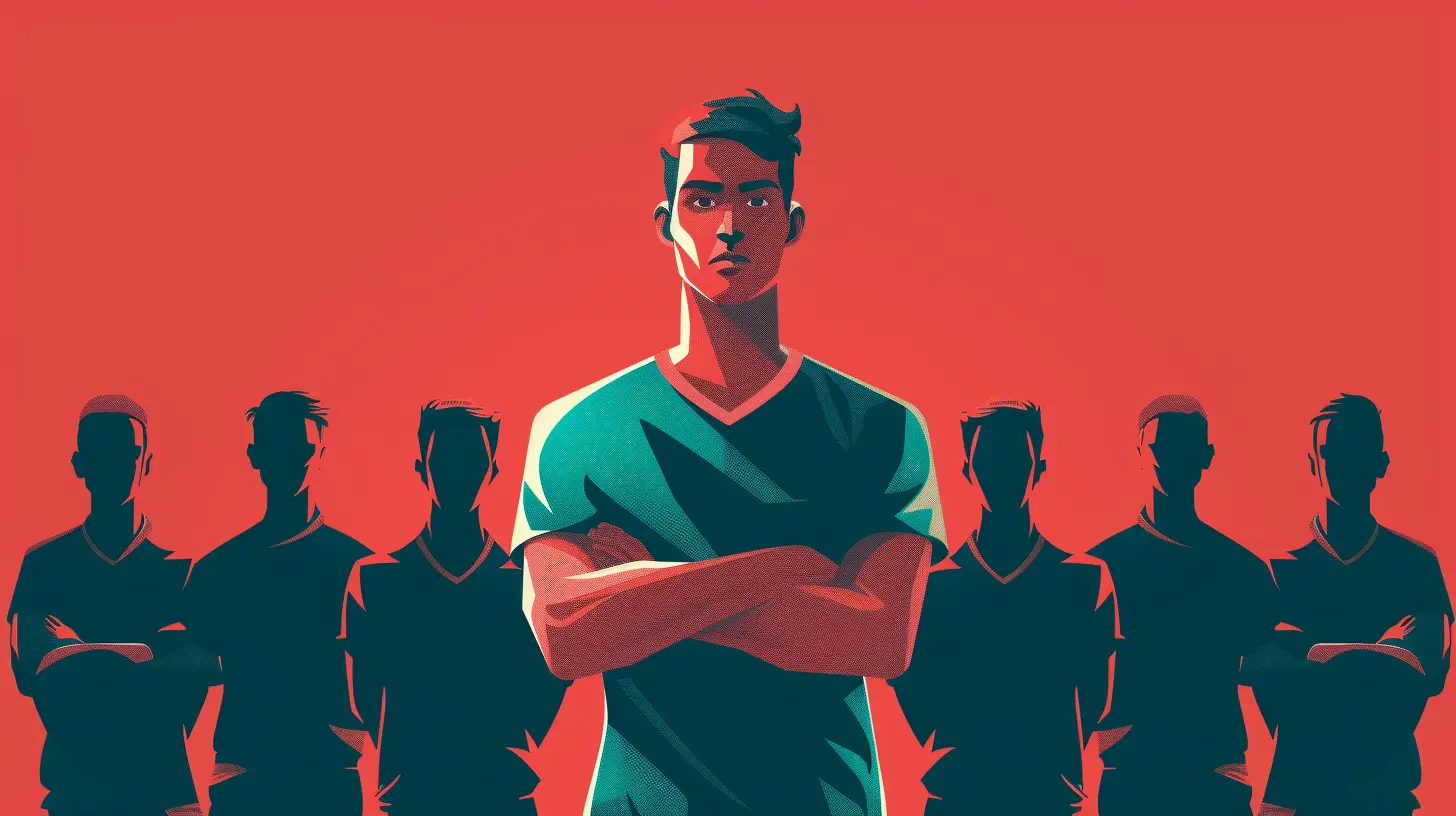
The Humble Beginnings of a Giant
Every legend starts somewhere—usually not in the spotlight, but in the shadows of hard work and quiet perseverance.Picture this: a young athlete-turned-coach grinding it out on the amateur circuit. No big endorsements. No roaring crowds. Just grit. For our coach, the early years were all about learning, experimenting, and unapologetically failing—again and again.
But instead of turning away from the game, they leaned in. Studied it like a science. Lived and breathed it like an artist obsessed with their canvas. They weren’t just trying to win. They were trying to understand every inch of the sport—from the Xs and Os to the hearts and minds of every player.
That obsession? That’s where the revolution began.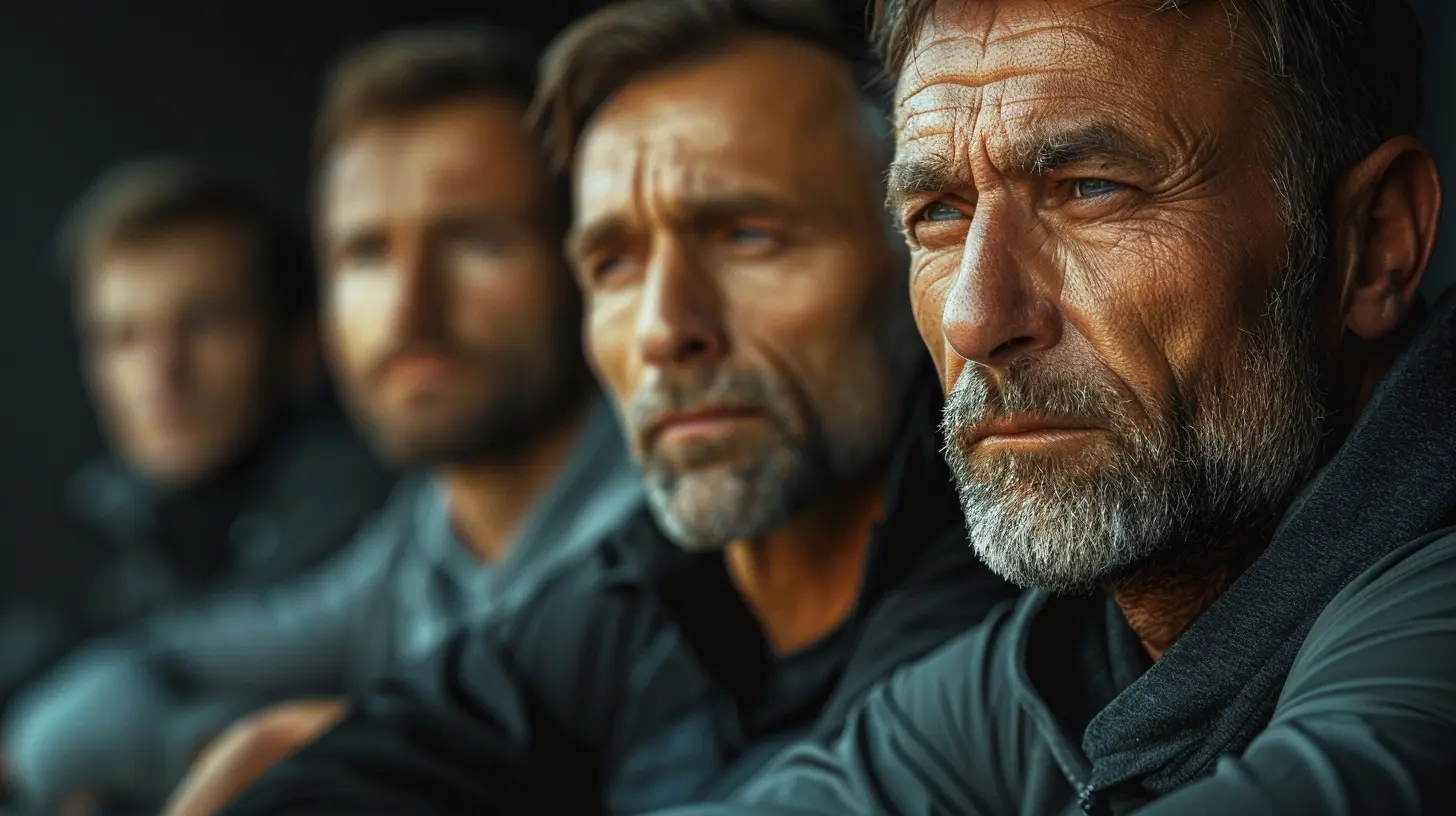
Breaking the Mold: A New Way to Lead
Let’s be honest. Most coaches follow a playbook passed down through generations. But this coach? They tossed that book out the window.They believed the game could be better. Faster. Smarter. More human.
Instead of screaming from the sidelines, they listened. Instead of overloading players with strategy, they simplified. They flipped the traditional authoritarian coaching model on its head and built relationships rooted in trust, empathy, and mutual respect.
They didn’t just coach; they connected.
This shift in leadership style was rare—especially in a world where discipline often takes center stage. But their revolutionary approach created tight-knit teams, mentally stronger athletes, and a culture of accountability without fear.
Innovation on the Field (or Court, or Ice…)
Now let’s talk about the actual sport. We’re talking game plans that dropped jaws.This coach didn’t inherit a system—they built one. They analyzed the weaknesses in conventional styles and began to tinker with formations, pacing, and spacing like a mad scientist. While other coaches were playing chess, this one was playing 4D chess... blindfolded.
They introduced:
- Unpredictable strategies that kept opponents guessing
- Tech-driven training sessions that used data to fine-tune performance
- Flexible formations that adapted in real time
- Mental conditioning programs before they were cool
And here's the thing—these weren’t just gimmicks. They worked. Players started outperforming expectations. Teams rose through the ranks. Championships followed.
And suddenly, every other coach was paying attention.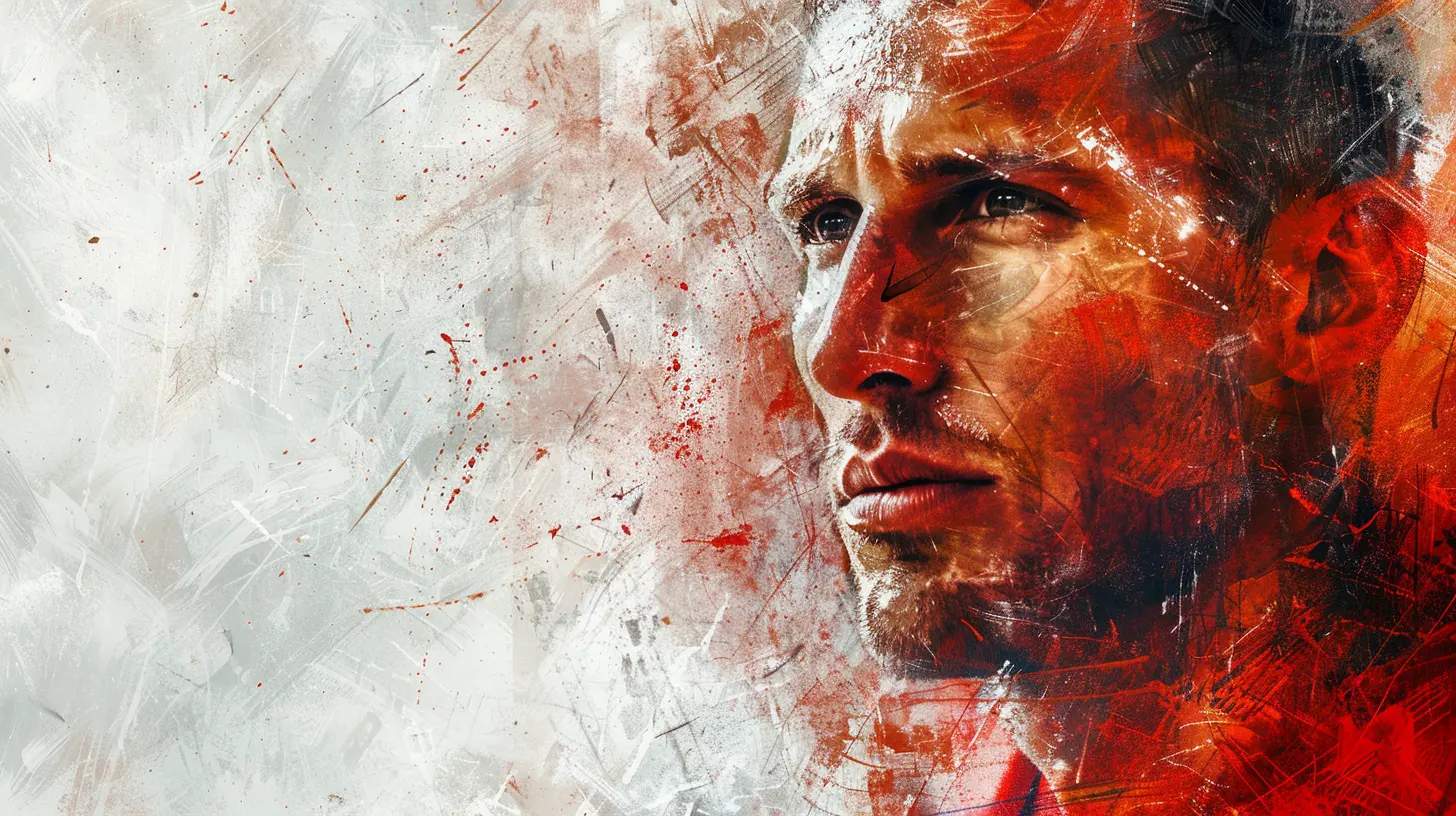
The Ripple Effect: Changing the Game for Everyone
You know a coach has truly changed the game when even their rivals start adapting their methods.Within a few seasons, whispers turned into headlines. Other teams were hiring assistant coaches who had been mentored by this visionary. Training camps across the country were mirroring their tactics. Analysts were dissecting their playbook like it held the secret to winning life itself.
But the biggest transformation?
The players.
Athletes under this coach didn’t just leave with trophies—they left with confidence, life skills, and a deeper love for the game. Many went on to coach themselves, spreading those same philosophies far and wide.
This wasn’t just evolution—it was a revolution.
The Legacy Beyond the Stats
Stats tell one kind of story. But legacy? That’s written in the stories players tell years later. It’s in the voice of a retired athlete saying, “That coach changed my life.” It’s in the fan who remembers not just the title game, but the feeling of watching a team believe.This coach’s impact went way beyond wins. They altered the entire culture of the sport. Suddenly, vulnerability wasn't weakness—it was a pathway to strength. Collaboration wasn’t soft—it was essential.
They made room for people to be their full, messy, brilliant selves on and off the field.
And if we’re being real? That’s the kind of legacy no trophy can measure.
The Hallmarks of a Game-Changing Coach
So what separates a revolutionary coach from a good one? Here’s the secret sauce:1. Vision That Scares People (In a Good Way)
They see the game a few years ahead. While everyone else is looking at next week’s match, they’re redesigning the future.2. Unshakeable Belief in People
They believe in players before the players believe in themselves. That kind of belief is contagious.3. Fearless Experimentation
They’re not afraid to fail—because they know innovation is messy. Think trial and error on steroids.4. Emotional Intelligence
Technique only goes so far. This coach knew exactly how to push, pull, and inspire each individual.5. A True Teacher's Heart
They never stopped learning—and they never stopped teaching. Doesn’t matter if you were a rookie or a veteran.Real Talk: Why This Matters Now More Than Ever
In a world where sports seem more commercialized, more pressured, and more cutthroat than ever, we need these kinds of coaches.We need leaders who care more about who an athlete becomes than how many points they score.
We need people willing to stand up, ask “Why not?” and blaze new trails.
And honestly? We need reminders that greatness isn’t just measured on a scoreboard. Sometimes, it's measured in personal growth, in resiliency, in the quiet moments no one sees.
That’s the gift a revolutionary coach gives—not just to the sport, but to the world.
The Story Lives On
You might be wondering—who was this coach? Maybe you already have someone in mind, a name on the tip of your tongue.But while this story could point to legendary figures like Phil Jackson, Billie Jean King, Gregg Popovich, Anson Dorrance, Pat Summitt, or Johan Cruyff—the truth is, the “game changer” could be anyone. It might even be someone coaching a high school team in your neighborhood.
Because game changers aren't just major league icons. They're people who dream bigger, work smarter, and care deeper than most.
They're the ones who show us what's possible—not just in the game, but in life.
Final Whistle: What We Can All Take Away
Whether you're a coach, an athlete, or just someone who loves sports, there's a lesson here for all of us.Be bold enough to care deeply. Be brave enough to try the untested. And remember that the real game changers don’t just transform their sports—they transform the people around them.
So the next time you see a coach on the sidelines, think twice. They might just be rewriting history, one practice at a time.
And if you’re lucky enough to have had one of these as your coach? Count yourself blessed. Because once in a generation, someone comes along who doesn’t just play the game—but changes it forever.
all images in this post were generated using AI tools
Category:
Coach ProfilesAuthor:

Frankie Bailey
Discussion
rate this article
1 comments
Skye Gomez
Finally! A coach who can make us look good… kind of!
October 25, 2025 at 3:17 AM

Frankie Bailey
Thanks for your comment! A great coach inspires confidence and teamwork—glad you’re excited about the change!
